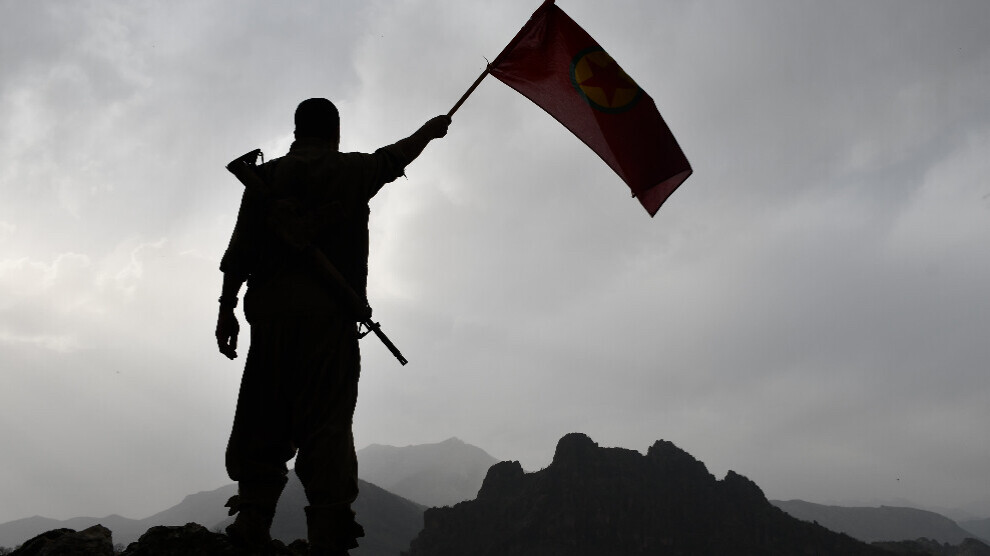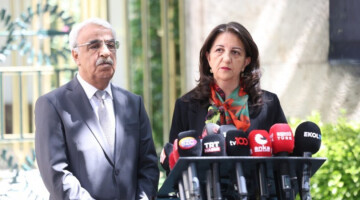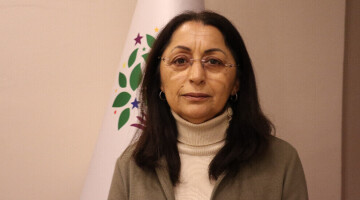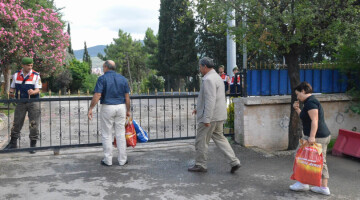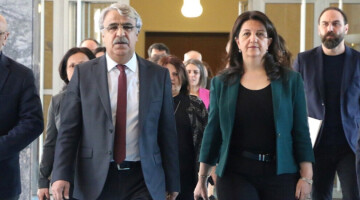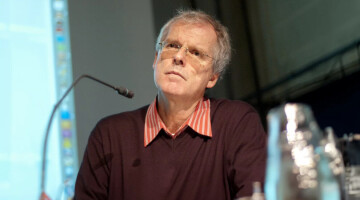UN experts welcomed the unilateral ceasefire declared by the Kurdistan Workers’ Party (PKK) on 1 March 2025, after more than 40 years of conflict with Turkey.
“After so much bloodshed and insecurity, we urge the PKK and the Turkish Government to peacefully settle the conflict and respect applicable international humanitarian and human rights law,” the experts said.
The PKK has expressed its willingness to convene a party congress to pursue its dissolution and disarmament. It has conditioned these steps on a secure environment, a ceasefire by Turkey, the creation of a legal mechanism for peace talks, and the release of its imprisoned leader. In the interim, the PKK has pledged to use force only in self-defence.
The Turkish President welcomed the unilateral ceasefire and insisted on the PKK’s immediate disarmament. Since the announcement, Turkey has attacked alleged PKK targets and armed groups in Iraq and Syria it believes are affiliated with the PKK, raising concerns regarding the international prohibition on the use of force.
Kurdish forces in Syria have indicated that the PKK ceasefire does not apply to them.
“We urge Turkey and the PKK to negotiate towards a durable and just peace, and to build confidence by committing to a ceasefire in order to protect civilians,” the experts said.
“We encourage the parties to learn from successful peace settlements elsewhere,” the experts said. According to international standards, peace agreements should include:
- Disarmament, demobilisation, reintegration and amnesties or pardons for those who have not committed international crimes;
- Comprehensive transitional justice processes, such as truth telling, prompt, thorough, impartial, and transparent investigations, prosecutions, reparation for victims and guarantees of non-recurrence;
- Holistic measures to support victims of violations, including material assistance, protection, tracing of missing persons, repatriation of the deceased, and awareness-raising and memorialisation;
- Security sector, institutional and governance reform to prevent abuses; and comprehensive measures to address the root causes of violence to prevent the resumption of conflict.
The experts highlighted the good practices in the Secretary-General’s 2023 Guidance Note on Transitional Justice.
They also stressed that the United Nations Global Counter-Terrorism Strategy commits all countries to address the conditions conducive to terrorism, which may include “prolonged unresolved conflicts, dehumanization of victims of terrorism… lack of the rule of law and violations of human rights, ethnic, national and religious discrimination, political exclusion, socio-economic marginalization and lack of good governance”.
“We call on the international community to assist the parties to swiftly and conclusively resolve the conflict and effectively implement and sustain any peace agreement,” the experts said.
The experts have been in contact with Turkey on several occasions in relation to the conflict with the PKK.

